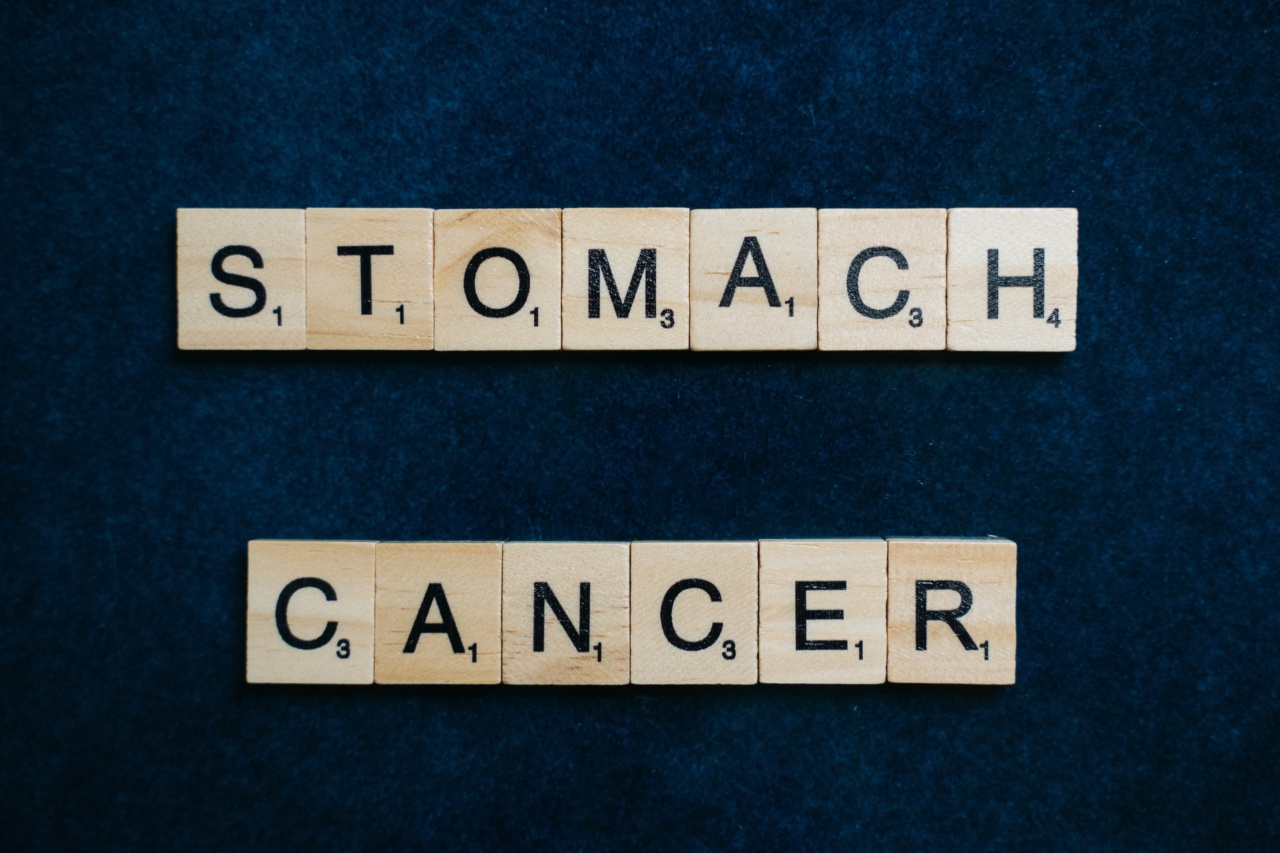Stomach and esophageal cancers are two types of cancers that affect the digestive system. These cancers can be life-threatening and it is important to understand the risk factors associated with them.
This article will discuss why stomach and esophageal cancer risk factors matter and how they can impact an individual’s likelihood of developing these cancers.
The Importance of Knowing the Risk Factors
Knowing the risk factors associated with stomach and esophageal cancers is crucial for several reasons. Firstly, understanding these risk factors can help individuals make lifestyle changes that can reduce their risk of developing these cancers.
Additionally, being aware of the risk factors can facilitate early detection and increase the likelihood of successful treatment.
Tobacco and Alcohol Use
One significant risk factor for both stomach and esophageal cancers is tobacco use. Smoking cigarettes or using other tobacco products increases the risk of developing these cancers.
The harmful chemicals in tobacco can damage the cells in the stomach and esophagus, leading to the formation of cancerous cells. Similarly, excessive alcohol consumption is also a major risk factor for these cancers. Alcohol can irritate the lining of the stomach and esophagus, making them more susceptible to cancer formation.
Poor Diet and Obesity
A poor diet that lacks fruits and vegetables can increase the risk of stomach and esophageal cancers. These foods are rich in essential vitamins, minerals, and antioxidants that help protect against cancer development.
Consuming a diet high in processed and red meats has also been associated with an increased risk of these cancers.
Obesity is another risk factor that can contribute to the development of stomach and esophageal cancers. Excess body weight can lead to chronic inflammation, which can promote the growth of cancer cells.
Additionally, obesity can contribute to gastric reflux, a condition where stomach acid flows back into the esophagus, causing damage to its lining over time.
Helicobacter pylori Infection
Helicobacter pylori (H. pylori) is a type of bacteria that can infect the stomach lining and cause ulcers. Prolonged infection with H. pylori has been strongly linked to an increased risk of developing stomach cancer.
It is estimated that around 90% of stomach cancer cases are associated with H. pylori infection.
Age and Gender
Age and gender are also important risk factors to consider. Stomach and esophageal cancers are more common in older individuals, with the risk increasing significantly after the age of 50.
Men are also more likely to develop these cancers compared to women. These demographics should be taken into account when assessing an individual’s risk.
Familial Factors
Having a family history of stomach or esophageal cancer can increase an individual’s risk of developing these cancers. Genetic factors can play a role in predisposing individuals to certain types of cancers.
It is recommended that individuals with a family history of these cancers undergo regular screenings to detect any abnormalities early on.
Occupational Hazards
Some occupations expose individuals to certain chemicals or substances that can increase their risk of stomach and esophageal cancers.
For example, workers in industries such as metalworking, rubber manufacturing, and coal mining may be exposed to carcinogens that can damage the digestive system over time. It is important for individuals in such professions to take necessary precautions and undergo regular health check-ups.
Gastroesophageal Reflux Disease (GERD)
Gastroesophageal Reflux Disease (GERD) is a chronic condition where stomach acid flows back into the esophagus, causing symptoms such as heartburn and acid reflux.
If left untreated, GERD can lead to complications such as Barrett’s esophagus, a condition where the lining of the esophagus changes, increasing the risk of esophageal cancer. Managing GERD through lifestyle modifications and medications can help reduce the risk of developing these cancers.
Radiation Exposure
Exposure to high levels of radiation can also increase the risk of stomach and esophageal cancers. Individuals who have received radiation therapy in the past, particularly to the chest or abdomen region, may have an elevated risk.
It is important for healthcare providers to consider this history when assessing an individual’s overall risk profile.
Conclusion
Understanding the risk factors associated with stomach and esophageal cancers is essential for prevention and effective management.
By recognizing these risk factors, individuals can make lifestyle changes, seek appropriate medical screenings, and take necessary precautions to reduce their risk. Early detection and intervention can greatly improve the outcomes for individuals at risk of developing these cancers.






























